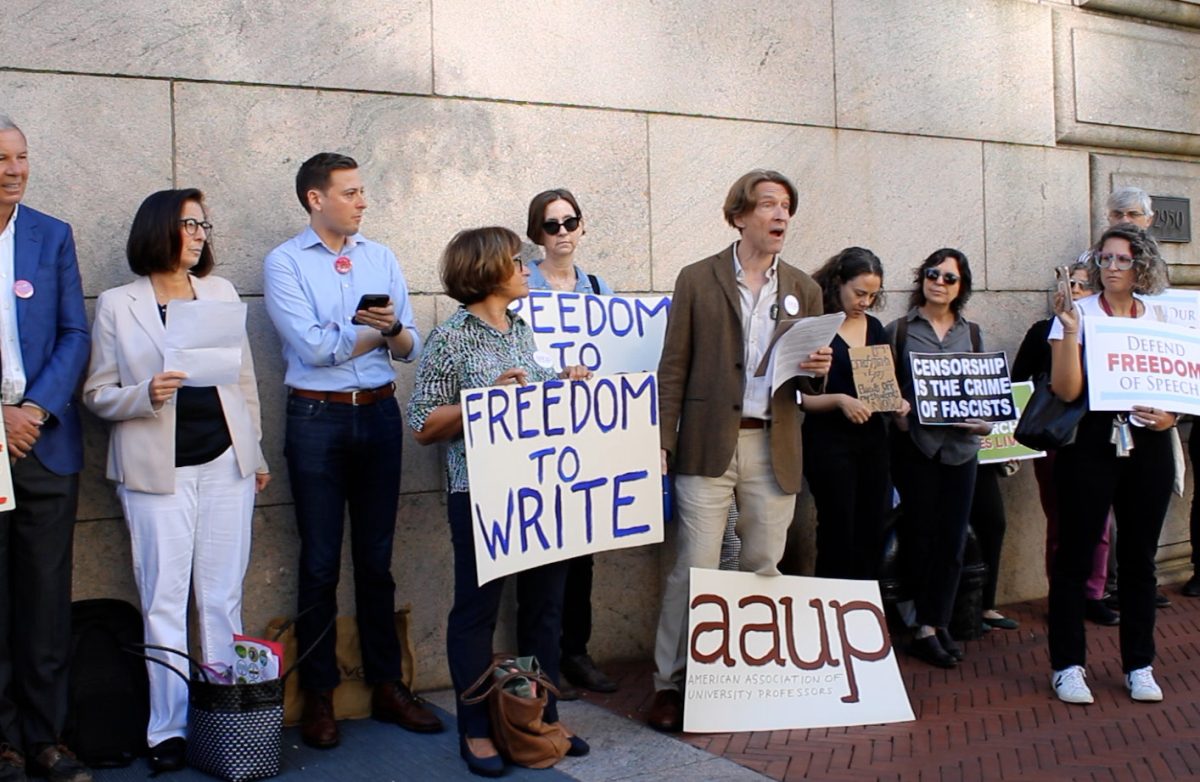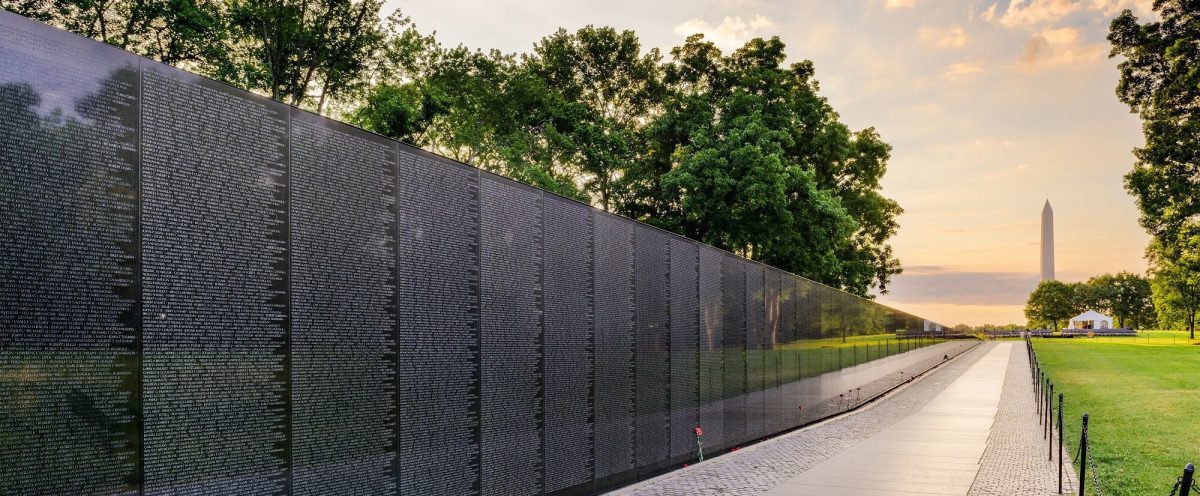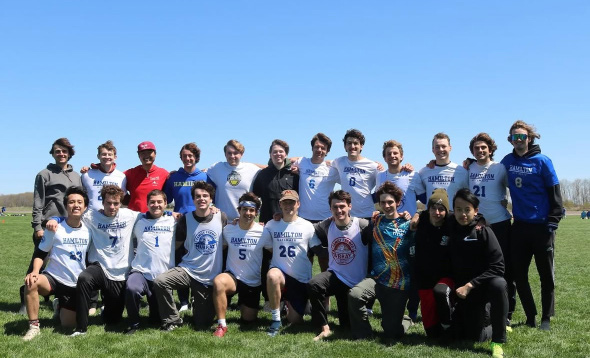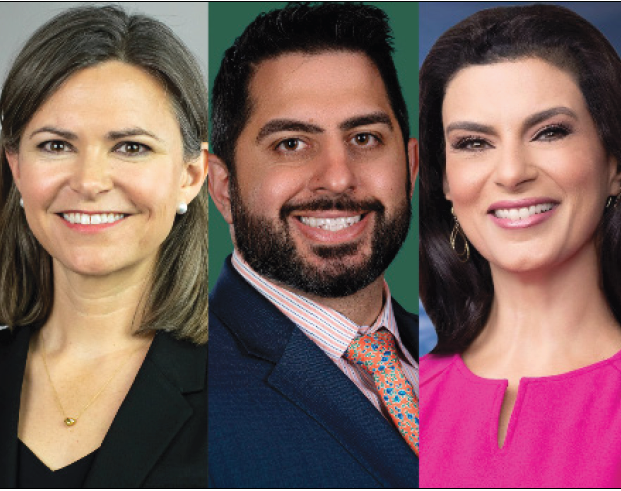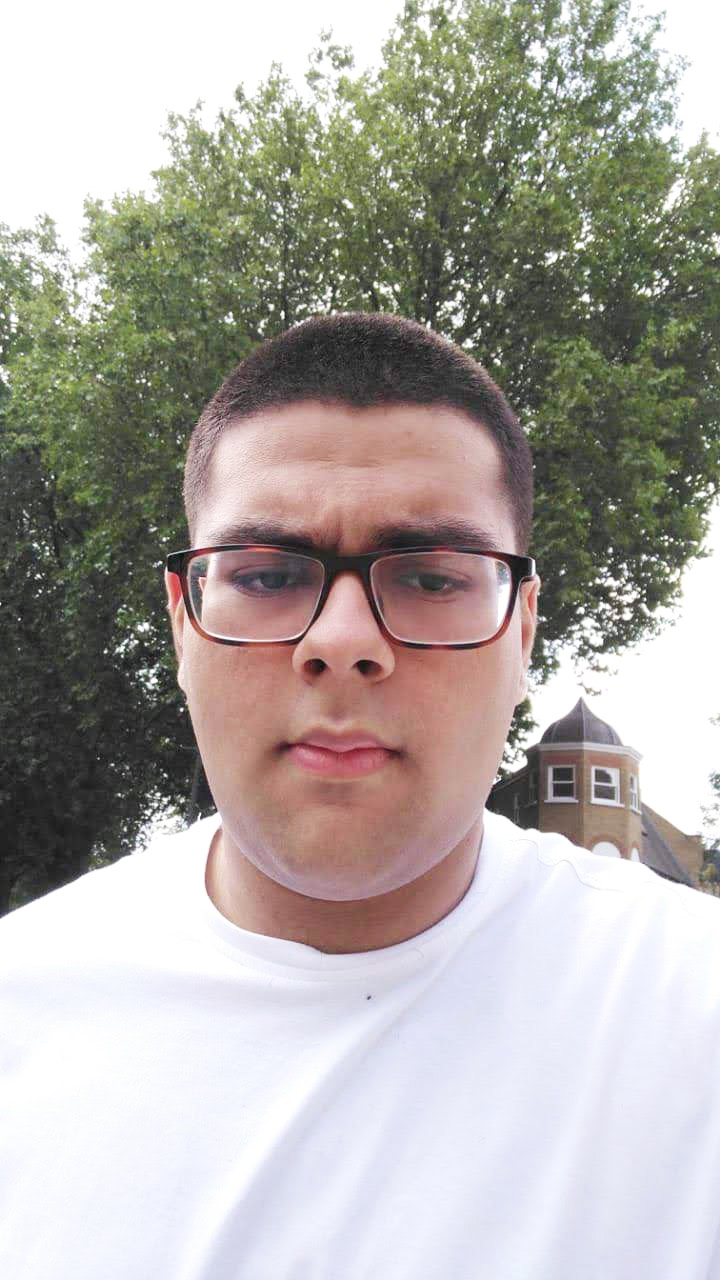
I have been taking a class on the Etymology of Social Movements this semester. In this class, we examine the various universal rights that are, in theory, guaranteed to all individuals across the globe.
India recently celebrated its 70th anniversary since the Indian constitution came into effect with its Republic Day celebrations, as it does on the 26th of January every year.
However, this date carries a heavier weight in 2020. It has been five years since Prime Minister Modi’s Hindu Nationalist ‘Bharatiya Janata party,’ or BJP, has come to power. Although Modi himself has charmed the Indian nation with his command over the spoken word and his strongman persona, it is difficult for me to reconcile what I see as solid progress on the ground with some of the comments and stances taken by those in his party.
For example, Yogi Adityanath, Chief Minister Uttar Pradesh, has brought significant infrastructural developments to his state, which is known for its volatility and lawlessness.
He has also made statements that support the sexual assault of Muslim women as well as the installation of Hindu idols in mosques. Many local BJP politicians have supported “Gau Rakshaks.” These self-proclaimed protectors of the cow, a motherly symbol for many Hindus, are nothing more than vigilantes that “protect” cows by interrogating people suspected of eating beef and transporting cows to be slaughtered. Their operations often target Muslims as well as those of low caste and usually come to a violent end, and their victims are often beaten or lynched.
There is documented evidence that shows these are not just fringe groups as they often have the support of the local police and politicians.
There have even been incidents of certain cow vigilantes becoming local heroes as a result of their violent actions.
Most recently, students of Jamia Millia Islama University in central Delhi were fired upon by two gunmen during a protest of the Citizenship Amendment Act which allegedly unfairly targets Muslims.
It has been reported that the police were ordered to hold back before taking any action against the shooters even as they endangered the lives of the students protesting.
It is important to consider the secular vision upon which India was established and the potential threat that we are faced with. Communal violence is a reality in India. It is likely that we have acquaintances or relatives that have been targets of such violence.
Because of this, I have seen casual support for the BJP’s actions. Their supporters claim anti-nationalism as well interference of Western ideology as a threat to Indian tradition in response to criticism of the BJP.
However, the fact is, that India is a developing nation in which people’s rights have not always been upheld and to weigh in on communal issues can be dangerous. It is still important for people to rise up and defend their rights, for equality, the freedoms to practice their religion as well as the freedom to a nationality.
In a time when criticism of the government is hailed as “anti-national” and Indian media remains either biased in favor of the government and works as a propaganda tool or against and spreads misinformation, it is crucial that people understand that going against the status quo and expressing is a fundamental right we all have in one of the youngest democracies in the world.
We voted in favor of the Universal Declaration of Human Rights in 1948 but it is quite clear that we have a long way to go in putting the declaration into practice.




